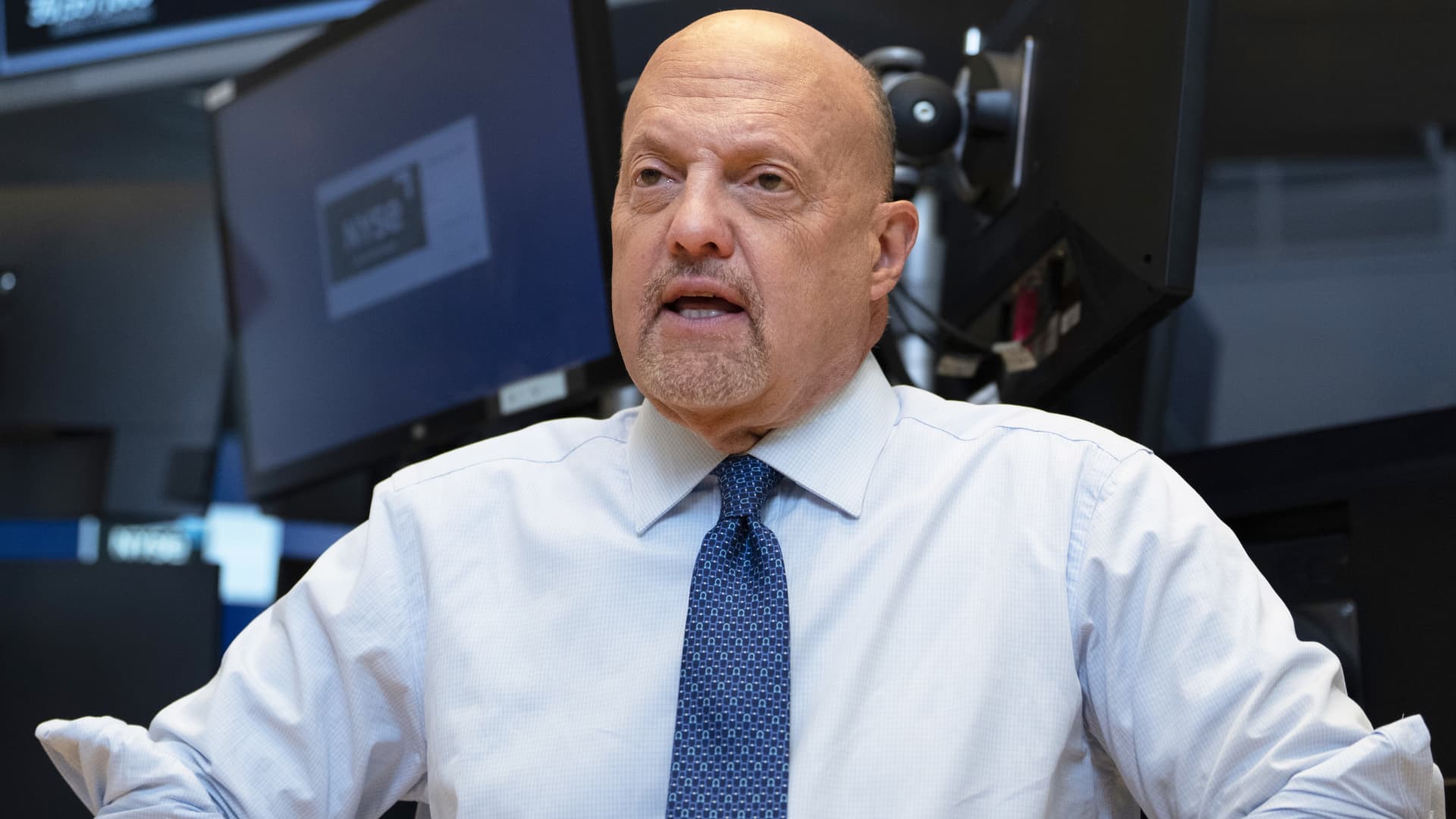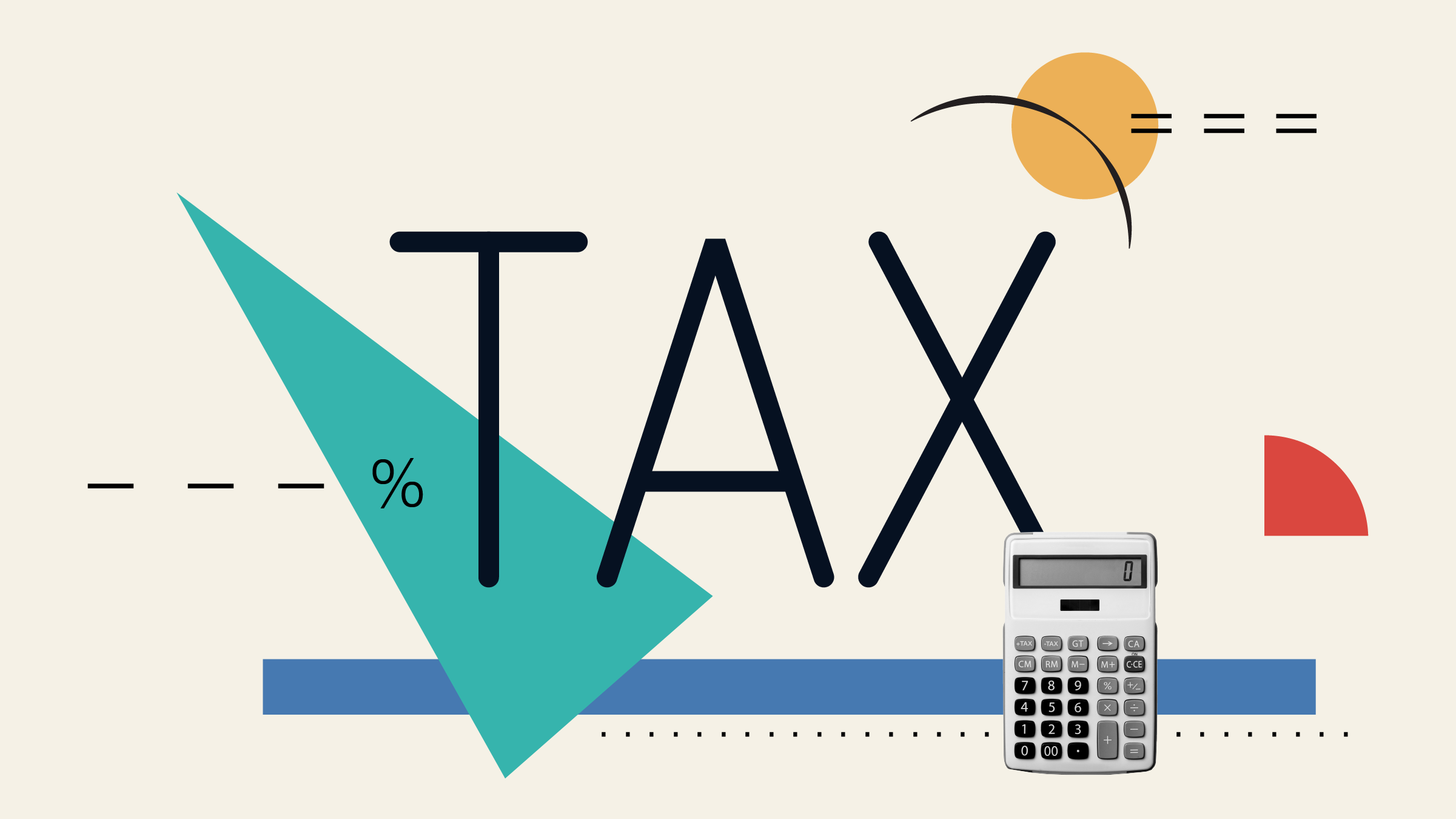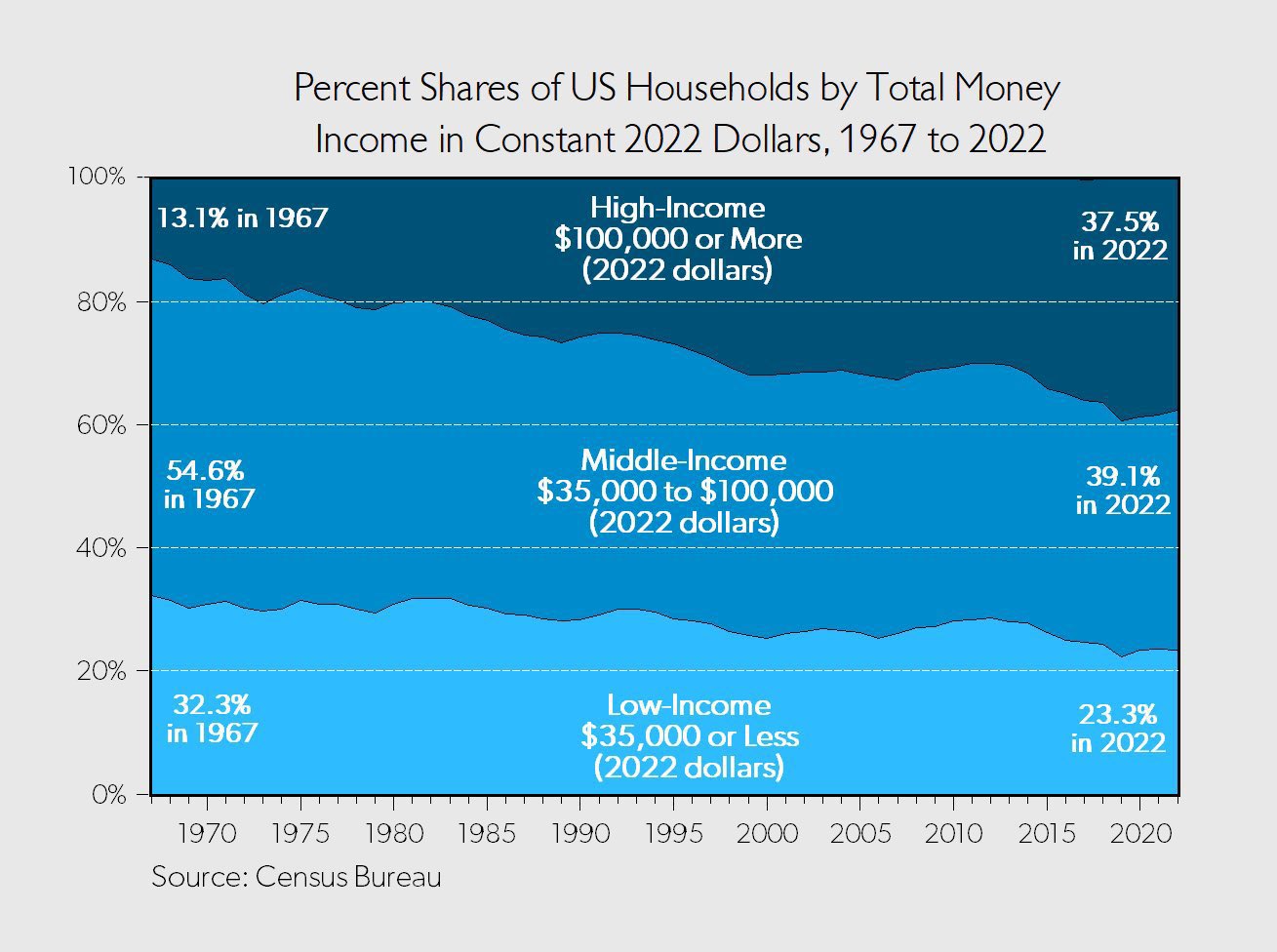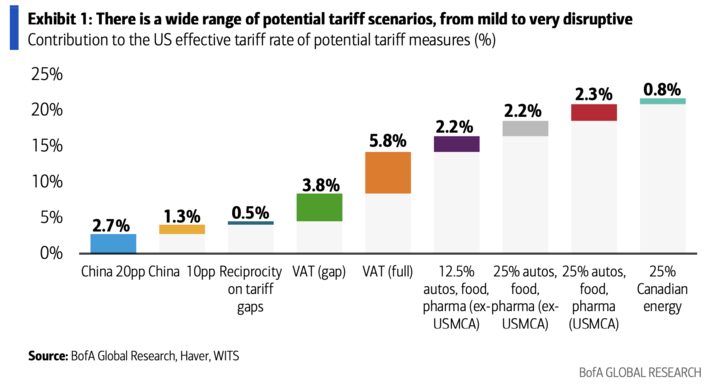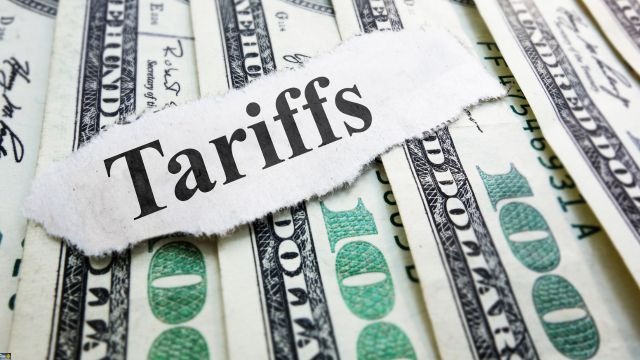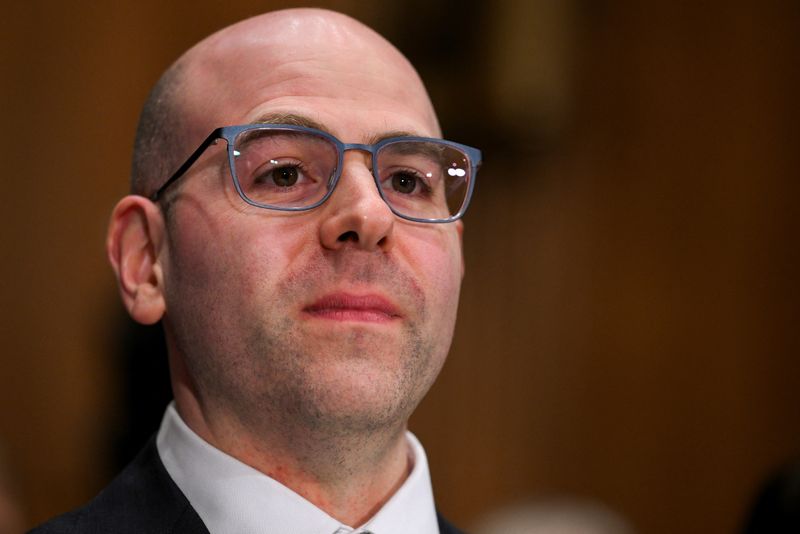Should I Start 401K Withdrawals at 60 After Losing My Job with a $1 Million Portfolio?
It’s nice to be able to retire on one’s own terms, with a scheduled retirement date, a nice retirement party, and all else going according to schedule. Unfortunately, life doesn’t always happen according to plan. Some bumps in the road tend to hit when we least expect, and we should be prepared to ride them […] The post Should I Start 401K Withdrawals at 60 After Losing My Job with a $1 Million Portfolio? appeared first on 24/7 Wall St..

It’s nice to be able to retire on one’s own terms, with a scheduled retirement date, a nice retirement party, and all else going according to schedule. Unfortunately, life doesn’t always happen according to plan. Some bumps in the road tend to hit when we least expect, and we should be prepared to ride them out en route to recovery. Indeed, it can feel like a gut-punch to be hit with a layoff in one’s final years in the workforce, when one was hoping to hit their retirement goals and put the finishing touches on their nest egg.
It’s more challenging to find work when one loses their job in their 60s. And retiring ahead of schedule may not be in the cards if the nest egg isn’t in the right state. Of course, there are plenty of options to consider as one is forced into an earlier-than-expected retirement that may be somewhat less lavish than expected.
In this piece, we’ll look into the case of a 60-year-old Reddit user who recently lost their job but may have what it takes to kick off a retirement. A $1 million portfolio may not be fat enough to finance the most opulent of lifestyles. But it can get the job done provided one’s expenses can make the math work.
Key Points
-
Tapping into one’s 401(k) earlier than expected can make sense. But it all comes down to one’s expected expenses.
-
For those prioritizing growing their nest egg further, other income streams should be explored.
-
Are you ahead, or behind on retirement? SmartAsset’s free tool can match you with a financial advisor in minutes to help you answer that today. Each advisor has been carefully vetted, and must act in your best interests. Don’t waste another minute; get started by clicking here here.(Sponsor)
Is it time to tap into the 401(k) at 60?
It can be a wise idea if one’s lifestyle can be sustained by the 4% rule (on a $1 million portfolio, that’d entail $40,000 per year in before-tax spend). And while there won’t be penalties at the age of 60 from beginning to draw down from the 401(k), I think a tax-planning pro is worth reaching out to.
Indeed, if you’re starting a new year without a job, you’ll be in a lower tax bracket, making withdrawing from a 401(k) a potentially sound option, provided you’re not drawing down an excessive amount. Of course, other sources of income should also be considered (rental properties, pension plans, etc.) before deciding on a sum to take out in any given year.
Given the 60-year-old is less than two years away from collecting Social Security, I’d argue that it may also make sense to delay retirement and keep growing one’s 401(k) as they seek employment elsewhere. At the end of the day, it comes down to the type of lifestyle the retiree aims to achieve in retirement.
With the stock market fresh off a painful correction and bonds still in a rough patch after the brutal 2022 plunge, drawing down could weigh on one’s ability to recover. Of course, a financial planning pro should be consulted as prospective retirees look to formulate a game plan as the market waters get rougher after “Liberation Day” or tariff clarity day.
Spending the interest (and dividends) rather than the principal could work
For such a young prospective retiree, perhaps one can allow their portfolio to keep growing as they seek to spend only the dividends and interest rather than the invested principal.
For instance, a 3-4% yield on a $1 million portfolio (perhaps a mix of bonds, dividend stocks, and REITs) could provide $30,000-40,000 annually. For those who own their own home with minimal expenses, such interest and dividends could go a long way in helping sustain a frugal retirement.
Of course, $30,000 per year isn’t a whole lot to live off of, especially if inflation takes off from here. Either way, part-time work and leaning on other income streams may be the way for someone who seems to be on the fence between retirement and continuing to work into one’s mid-60s.
The post Should I Start 401K Withdrawals at 60 After Losing My Job with a $1 Million Portfolio? appeared first on 24/7 Wall St..






































